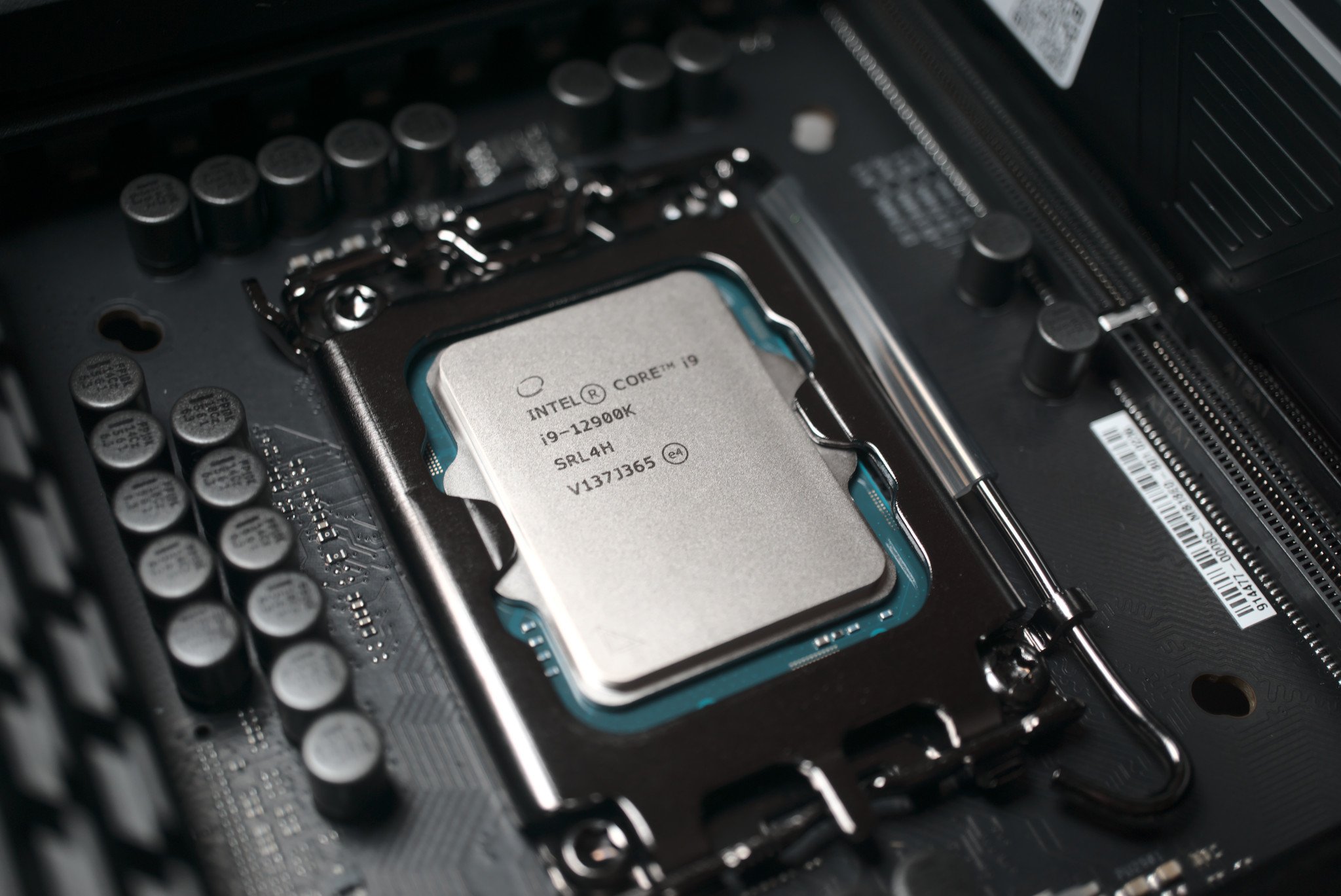TSMC founder and former CEO says US chipmaking will be 'exercise in futility'
Tech giants and the U.S. government plan to invest billions of dollars in domestic semiconductor production, but TSMC's founder says it will be for naught.

What you need to know
- TSMC's founder and former CEO Morris Chang believes that efforts to manufacture semiconductors in the United States will be a "very expensive exercise in futility."
- Chang pointed to the difference in labor and manufacturing costs in the United States compared to Taiwan.
- The U.S. government and several large tech companies plan to invest billions of dollars to chipmaking within the United States.
TSMC's founder and former CEO Morris Chang believes that semiconductor production in the United States will struggle to compete with manufacturing in Taiwan. Chang called recent efforts to increase semiconductor manufacturing in the U.S. a "very expensive exercise in futility." He argued that making chips in the U.S. will cost more, causing the U.S. industry to fail to compete with TSMC and other companies around the world.
Chang shared his thoughts at the Brookings Institution think tank (PDF) (via The Register).
The TSMC founder pointed to high manufacturing costs as the main reason U.S.-based semiconductor manufacturing will fail to compete. He highlighted the struggles of TSMC's factory in Oregon. "The same product, the Oregon cost, is about 50 percent more than the Taiwan cost," explained Chang.
It's worth noting that TSMC has plans for a massive chipmaking factory in Arizona. Chang notes that the decision to make that plant was made by the current chairman of TSMC, since Chang was almost retired at the time.
TSMC isn't the only organization to invest heavily in U.S.-based manufacturing. Intel announced plans for what it claims will be the "largest silicon manufacturing location on the planet" in January 2022. The company is also constructing chip factories in Arizona and investing heavily in domestic manufacturing of semiconductors.
The U.S government is considering a bill that will incentive semiconductor production within the United States that will provide over $50 billion in funding. These plans are part of an ongoing effort to have the U.S. compete with China in the semiconductor industry. The United States also has to compete with tech giants in Taiwan, such as TSMC.
These efforts will not succeed, according to Chang. "The recent effort of the U.S. to increase onshore manufacturing of semiconductors, right now you're talking about spending only tens of billions of dollars of money of subsidy," said Chang. "Well, it's not going to be enough. I think it will be a very expensive exercise in futility. The U.S. will increase onshore manufacturing of semiconductors somewhat. But all of that will be very high-cost increase, high unit cost. It will be noncompetitive in the world markets where you compete with factories like TSMC."
Get the Windows Central Newsletter
All the latest news, reviews, and guides for Windows and Xbox diehards.

Sean Endicott is a tech journalist at Windows Central, specializing in Windows, Microsoft software, AI, and PCs. He's covered major launches, from Windows 10 and 11 to the rise of AI tools like ChatGPT. Sean's journey began with the Lumia 740, leading to strong ties with app developers. Outside writing, he coaches American football, utilizing Microsoft services to manage his team. He studied broadcast journalism at Nottingham Trent University and is active on X @SeanEndicott_ and Threads @sean_endicott_.
